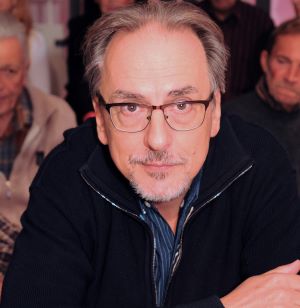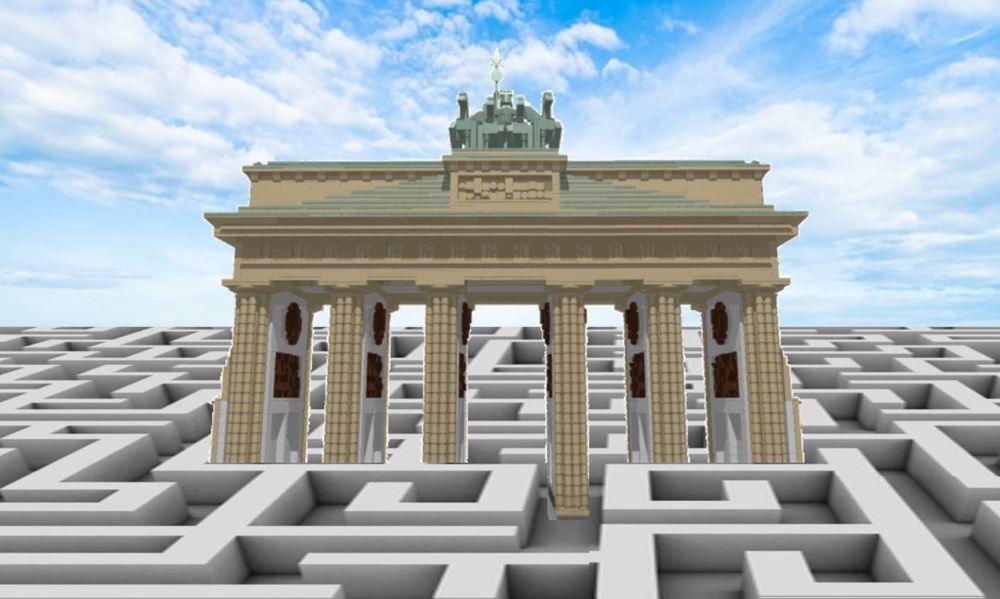The Berlin process could be one big “Oh come on already” in various areas: from building roads to the famous reconciliation, lucratively mixed in with good neighborly relations. We said, it could be. But it is a Process after all.

Voja Žanetić
If someone was really looking for a really banal, and therefore really ironic explanation of the Berlin process, perhaps an improvised definition would help. For the purposes of an introduction to this topic, here is one:
The process was designed back in the day by Angela Merkel so that there would be some movement in the field of “Western-balkan” European integrations, while having no meaningful movement at all. For unknown reasons, this event could not be called “Angela’s process” so it was named the Berlin process, because Mrs. Merkel spent most of her working time in Berlin. And so we’ve been processing for eight years. In a real Berlin way.
On the other hand, though, it’s not like this process doesn’t follow its own logic. It is to be expected that the proverbially lazy and greedy Balkan political structures could rely on the idea that joining the European Union would mark the beginning of making up for everything that was previously not done and missed out on. And therefore nothing needs to be done, except win elections and extract every consequential benefit from those victories. And it’s not like there are no benefits.
As a sidenote, this local vicinity of ours practises a habit of postponing starting a diet, quitting smoking, preparing for exams, starting to exercise and whatever else until “next Monday”. And if procrastination is woven into the basis of every sort of “progress” here, the Berlin process could be one big “Oh come on already” in various areas: from building roads to the famous reconciliation, lucratively mixed in with good neighborly relations. We said, it could be. But it is a Process after all. And so we, quite logically, get to Franz Kafka.
* * * * *
Ever since “The Trial” (“Der Process“) was written, a novel of symbolic 222 pages for this year, the book’s title has symbolised a fear of the invisible threads of an even more invisible bureaucracy. An ordinary man can, without any desire and intention, happen to be involved and get seriously hurt without any idea of what has befallen him. At the time when Franz Kafka wrote this masterpiece of his, it would hardly have occurred to him that the administrative cobweb could ensnare entire countries and their peoples. But if Kafka were among us today, he would be able to write a multi-national – pardon me – “spin off”, the continuation of the story of a Process with an unclear and unreasoned heavy verdict. Except this time the verdict would refer to the numerous Jozef K’s and their European integrations.
The Berlin Process, therefore, is lacking everything that, based on the previously explained association, can be considered a “Process” in Kafka’s sense. From a layman’s point of view one can precisely imagine one, or several, or several dozens of remote offices, the door of each labeled “Berlin Process”. And the doors see new officials enter with each new mandate, with each new reorganization or systematization, cursing the evil fate that threw them into the Berlin bureaucratic backwater, instead of a nice job in Brussels, now having to deal with distracting the unaffiliated during their process of a certainly uncertain integration.
On the other side of the counter of this administrative game is the aforementioned Balkan Jozef (or Jozefa) K. – several million of them. And in the minds of these people there is a Process of not understanding why their countries have not joined the EU for decades now, which Process is responsible for that, and when a Solution will come with which all Processes, even the Kafkaian ones, will end once and for all.
* * * * *
The Berlin process, with all its undeniable good sides, still requires two minor changes. It could be named after Brussels instead of Berlin, somehow it seems more logical and European-Union-y. And it should no longer be called the Process, but something else. Perhaps there is no adequate word for the latter, but if there were, it would mean that the European Union received new member states from the Balkans and the Process of the great continental political, economic and cultural transformation had once, finally and forever, successfully come to a close.
Oh and “the latter” also implies a precise date.
Everything else was already written by Franz Kafka a long time ago.



Leave A Comment